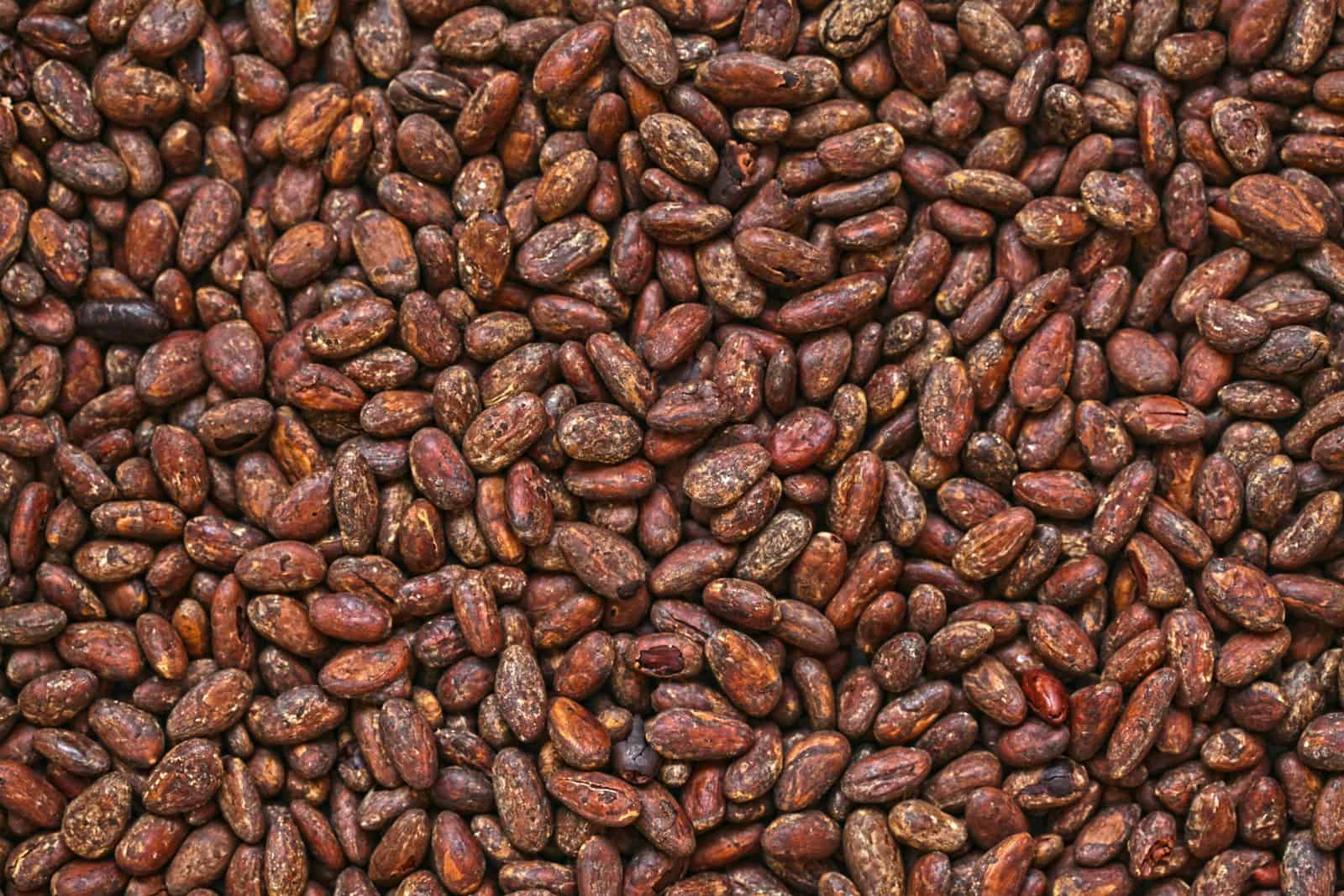
Photo by Kristiana Pinne on unsplash
Cocoa Prices Skyrocket
June 15, 2024
The global cocoa market is experiencing unprecedented price hikes, creating significant challenges for candy manufacturers. Over the past year, cocoa prices have more than tripled, reaching record highs and causing considerable strain on companies reliant on this essential ingredient. The price surge, which saw cocoa hit an all-time high of over $11,000 per metric ton in April 2024, has eased slightly but remains substantially above historical levels.
This dramatic increase in cocoa prices can be attributed to a combination of factors, including poor harvests in West Africa, the world’s primary cocoa-producing region. Crop diseases and lower farmgate prices have pushed many farmers to switch to more lucrative crops, exacerbating the supply shortage. Consequently, the current season’s cocoa crop is projected to face the largest deficit in six decades.
In the short term, companies are exploring various cost-saving measures. Shrinkflation, where product sizes are reduced while maintaining the same price, is one tactic. For example, J&J Snack Foods is considering reducing the number of chocolate chips in certain products as a way to cut costs without compromising entirely on quality. Additionally, some companies are looking for potential substitutes or additives that could replace or complement cocoa in their recipes.
In response, some companies are diversifying their product portfolios to reduce dependence on chocolate. Mondelez, for instance, already boasts a range of non-chocolate snacks like Triscuit, Sour Patch Kids, and Wheat Thins, in addition to its well-known chocolate brands. Similarly, Hershey has expanded its offerings by acquiring brands like SkinnyPop and Dot’s Homestyle Pretzels, allowing it to navigate the ups and downs of consumer trends more effectively.
Despite the current challenges, major candy companies like Hershey, Mars, Ferrero, and Mondelez are somewhat shielded by long-term contracts that secure stable prices for key commodities. However, these contracts will eventually expire, and come 2025, these companies may face significantly higher cocoa costs. This looming financial strain is prompting companies to rethink their strategies and innovate to manage the rising expenses.
One notable approach is exemplified by Hershey’s new Jumbo Reese’s Cup, which features extra peanut butter, reducing its reliance on cocoa while still offering perceived value to consumers. This kind of product innovation allows companies to introduce new items at premium prices without solely depending on cocoa.
Long-term solutions may involve more permanent recipe reformulations, incorporating non-cocoa additives like cocoa butter equivalents, shea butter, palm oil, and coconut oil. Startups are also experimenting with cocoa-free chocolate alternatives made from ingredients such as grape seeds and legumes, offering a glimpse into a future where chocolate might not be solely dependent on cocoa beans.
Recent News
Morgan Stanley Expands Latin American Investments
Morgan Stanley is ramping up its investments in Latin America amid rising geopolitical conflicts, recognizing the region’s growing economic importance.
National Smoothie Day Deals
As the summer season begins to heat up, many people will opt to cool down and enjoy a delicious treat with a refreshing smoothie.
Hertz Launches $750 Million Debt Offering
Hertz Global Holdings Inc. is launching a $750 million debt offering to strengthen its financial position following issues with its electric vehicle fleet.
Former OpenAI Chief Scientist Ilya Sutskever Launches New AI Venture
One month after departing OpenAI, co-founder Ilya Sutskever has announced the launch of a new company named Safe Superintelligence Inc.
